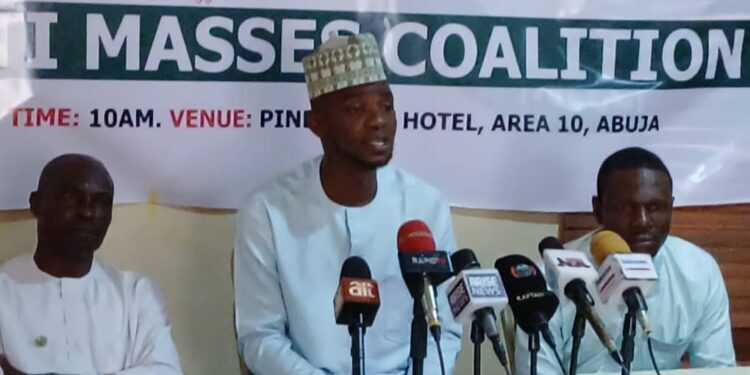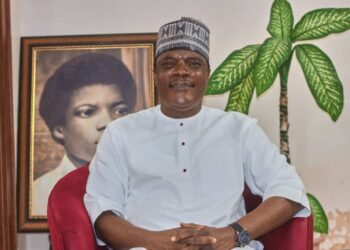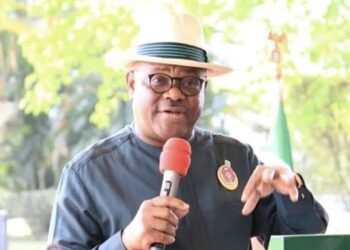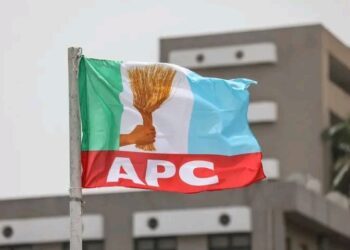The North Central Citizens Council (NCCC), has rejected the newly formed opposition coalition led by former Vice President Atiku Abubakar, branding it a “coalition of confusion” made up of “disgruntled political actors desperate for relevance.”
They further emphasized that while Nigeria faces challenges, citizens must remain alert and discerning, recognizing that those now pushing to ‘save the nation’ were key contributors to the very crises they now condemn.
The Publicity Secretary of the NCCC, Jonathan Omodayo, disclosed this in Abuja, during a press briefing, said the group’s rejection of the African Democratic Congress (ADC) coalition was rooted in its belief that the alliance is composed of “disgruntled individuals” seeking relevance after years of political setbacks.
He urged citizens to support the ongoing efforts of President Bola Ahmed Tinubu’s administration, which, according to him, is still laying the foundation for economic reform, infrastructure development, and national cohesion.
He said: “NCCC stands resolutely against the recent alliance formed by the likes of Atiku Abubakar and a host of other disgruntled political figures. This coalition, which we shall refer to as the ADC alliance, is not only a collection of frustrated individuals but also a manifestation of confusion and disillusionment that has plagued our political landscape for far too long.
“It is imperative that we reflect on the burdens of failure carried by the individuals who constitute this alliance. Atiku Abubakar, a perennial candidate, has repeatedly failed to secure the mandate of the Nigerian people.
“His political journey is marked by a series of disappointments that have left him clutching at straws in a desperate bid for relevance. The citizens of Nigeria have not forgotten the promises made during his previous campaigns, promises that were never fulfilled.
“Instead of learning from past mistakes, Atiku has chosen to align himself with those who share his penchant for political maneuvering rather than genuine service to the people.”
The NCCC further listed other prominent members of the coalition, including Nasir El-Rufai, Rotimi Amaechi, David Mark, Rauf Aregbesola, Sule Lamido, Abubakar Malami, and Hadi Sirika, accusing them of contributing to Nigeria’s political and economic stagnation during their years in government.
Omodayo called on Nigerians to support President Bola Ahmed Tinubu’s administration, which, he said, is still in the early stages of rebuilding national institutions, addressing economic reform, and promoting national unity.
He added, “The formation of political coalitions is a fundamental aspect of democratic engagement; however, it becomes particularly disconcerting when those who once held significant power now present themselves as solutions to the very problems they contributed to.
“The legacy of mismanagement, corruption, and systemic inefficiencies that characterized their previous tenures casts a long shadow over their newfound positions as reformers. This raises a critical question: if Nigeria is currently facing profound challenges, to what extent are these former leaders accountable for the nation’s plight?
“Their past actions must be scrutinized to ensure that the cycle of misgovernance does not persist under a guise of reform. The paradox is striking: individuals who have held significant power for a minimum of eight years now rally to portray themselves as saviors of a nation under President Bola Ahmed Tinubu, who has only been in office for two years.”
Omodayo urged Nigerians to reject what he described as the “politics of grievance” and instead unite behind a shared vision of national development, adding that, “We must not allow the ghosts of past leadership failures to dictate our future. Let us not be swayed by empty promises from those who once had the chance to lead but chose personal gain over public good.”
The NCCC reaffirmed its confidence in the Tinubu administration and its ongoing efforts to deliver sustainable progress across all sectors, calling on Nigerians to remain focused, united, and committed to the nation’s growth.











